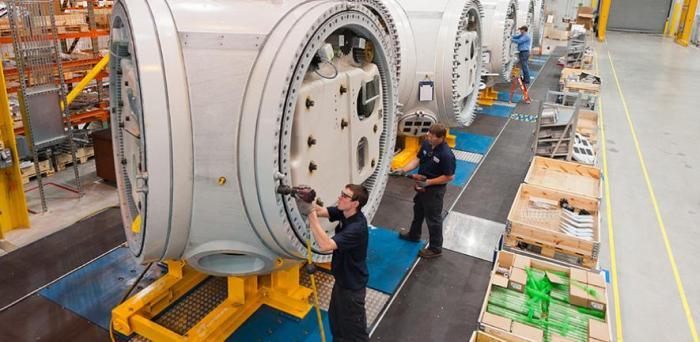Achieving this target will require a mix of technological, societal and nature-based solutions working together to enable systemic change. Research in the 2020s must be prioritised into solutions for sectors that are particularly difficult to decarbonise, such as aviation, electricity generation and storage, and maritime shipping.
The report, led by the University of Cambridge, also highlights net zero solutions which could be implemented now, such as the electrification of road freight, hydrogen produced using renewable energy instead of current carbon-intensive methods, and changes to land use planning to prioritise denser, mixed-use, low traffic neighbourhoods.
The briefing, Net-Zero Solutions and Research Priorities in the 2020s, is published by the COP26 Universities Network and brings together 26 leading scientists from 10 UK universities. It comes at a critical time ahead of the United Nations COP26 Climate Change Summit, which takes place in Glasgow this November.
“It is abundantly clear from the recent IPCC report that the 2020s will be the crucial decade to reduce emissions in order to meet the Paris Agreement goals, and the decisions made at COP26 will be critical in achieving that,” said co-lead author Dr Erik Mackie from Cambridge Zero, the University’s climate initiative. “This cross-disciplinary report will aid decision-makers by identifying the key actions that we must take now, and the priority areas where we should urgently focus our research efforts to tackle hard-to-decarbonise sectors.”
Image: Nordex USA manufacturing facility - Jonesboro, Arkansas
Credit: US Department of Energy
Reproduced courtesy of the University of Cambridge
